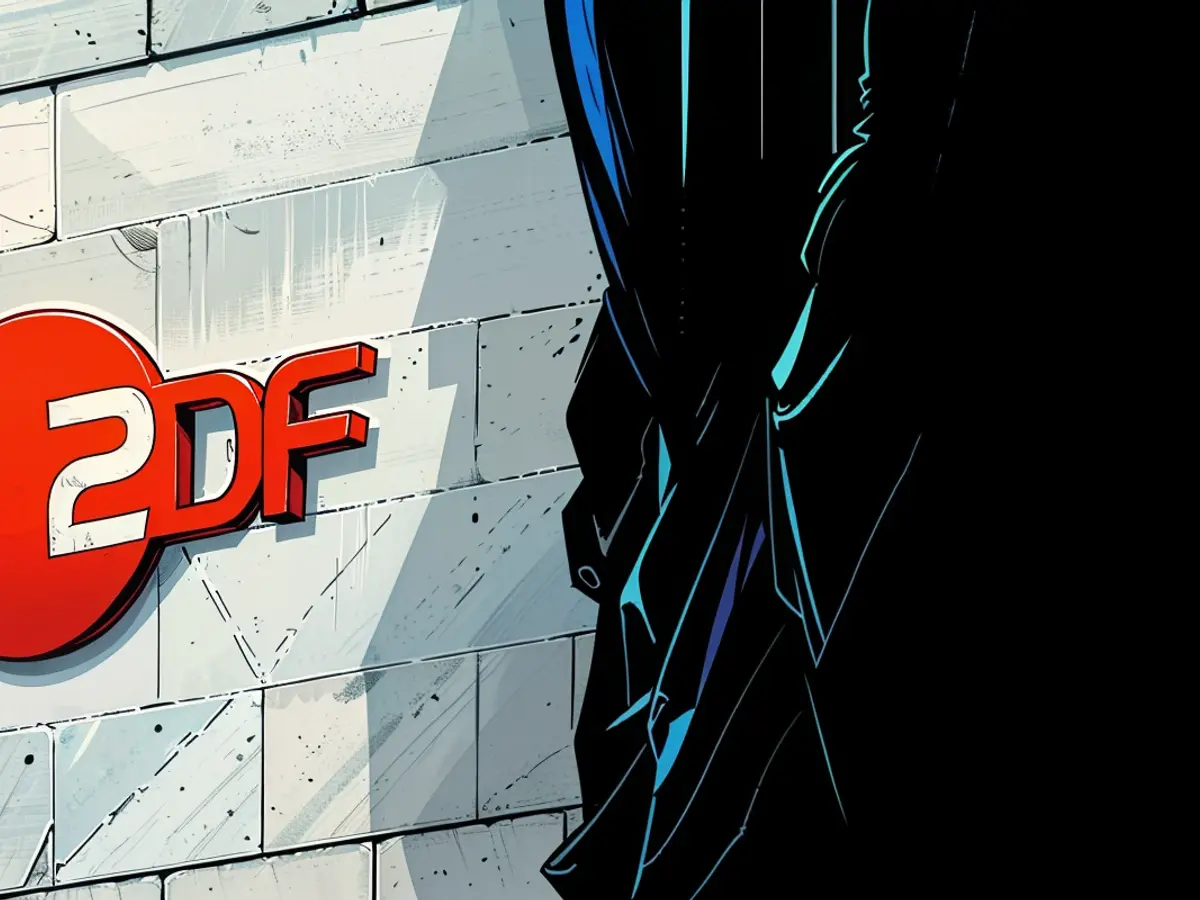State Governments propel for transformation of public broadcasting systems.
Germany's regional governments are pushing forward with their overhaul of public broadcasting, potentially presenting a draft for public feedback as early as next week, as suggested by the broadcasting commission of the states. A hike in the broadcasting fee to 18.94 euros per month starting January 1, 2025, seems unlikely due to the governments' initial expectation of benefits from the broadcasting reform, which might become effective in the summer of 2025.
Initially, the raise in fee was proposed to be 58 cents, according to the Commission for Assessing the Financial Needs of Broadcasting Organisations (KEF). It's this fee that households and businesses pay to support ARD, ZDF, and Deutschlandradio's public broadcasters. The regional governments are expected to adhere closely to this recommendation. However, some leaders have expressed opposition to the increase, citing, among other reasons, lack of popular support. The controversy surrounding broadcaster RBB two years ago, involving high-level mismanagement accusations, has also contributed to this situation.
The regions aim to make public broadcasting more efficient, eliminate redundancies, and improve oversight through this reform. ARD and ZDF are also working on generating synergies concurrently. The regions aim to lower the number of radio programs to around 50 and the number of thematic channels by four or potentially five. If the ministers and all state parliaments agree in the next few months, the reform treaty could be enacted as early as summer 2025. Afterwards, the regions plan to address financing issues.
The Federal States are actively involved in the overhaul of public broadcasting, working together to make necessary changes and improvements. If the reform treaty is enacted as planned, the financing of public broadcasting will become a focus for the Federal States after the summer of 2025.








